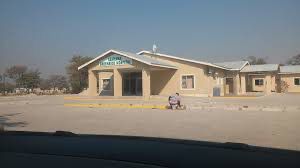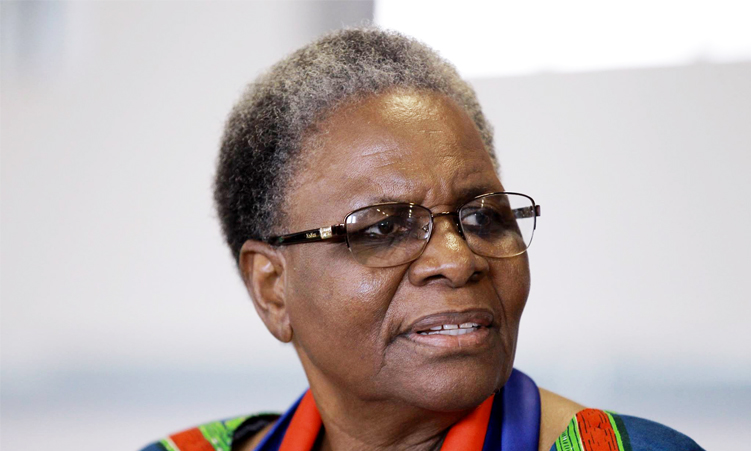OSLO – Providing clean water and toilets in developing nations is the quickest way to eradicate poverty and improve health worldwide, a study by the UN University said on Sunday.
Installing drinking water and sanitation would pay for itself by saving cash spent on treating diseases, would raise productivity lost to illness and create jobs, it said. More than 900 million people of about 6.7 billion on the planet lack access to safe drinking water and 2.5 billion live without proper sanitation, it said.Rising populations and climate change could aggravate stress on water supplies.”Simply installing toilets where needed throughout the world and ensuring safe water supplies would do more to end crippling poverty and improve world health than any other measure,” the University said in a statement.Founded in 1973, the UN University conducts research into global problems that are of concern to the United Nations and its agencies.In 2002, the total number of deaths attributed to poor water, sanitation and hygiene was over 3.5 million, it said.About 94 per cent of cases of diarrhoea, which kills more than 1.4 million children a year, are preventable.”There are a lot of community-based solutions that can create jobs,” said Zafar Adeel, head of the UN University’s Canadian-based International Network on Water, Environment and Health which wrote the study.Estimates of the extra annual investments needed in water and sanitation ranged from about $12bn to $25bn, he saud.He said $12bn was comparable to amounts spent on pet food in North America.And returns in terms of better health and productivity would be perhaps nine times the investments.Adeel predicted that the global financial crunch could dry up aid budgets, at least for a couple of years.Halving the proportion of people living in the most extreme poverty by 2015 is the top goal of governments under the Millennium Development Goals.Nampa-ReutersMore than 900 million people of about 6.7 billion on the planet lack access to safe drinking water and 2.5 billion live without proper sanitation, it said.Rising populations and climate change could aggravate stress on water supplies.”Simply installing toilets where needed throughout the world and ensuring safe water supplies would do more to end crippling poverty and improve world health than any other measure,” the University said in a statement.Founded in 1973, the UN University conducts research into global problems that are of concern to the United Nations and its agencies.In 2002, the total number of deaths attributed to poor water, sanitation and hygiene was over 3.5 million, it said.About 94 per cent of cases of diarrhoea, which kills more than 1.4 million children a year, are preventable.”There are a lot of community-based solutions that can create jobs,” said Zafar Adeel, head of the UN University’s Canadian-based International Network on Water, Environment and Health which wrote the study.Estimates of the extra annual investments needed in water and sanitation ranged from about $12bn to $25bn, he saud.He said $12bn was comparable to amounts spent on pet food in North America.And returns in terms of better health and productivity would be perhaps nine times the investments.Adeel predicted that the global financial crunch could dry up aid budgets, at least for a couple of years.Halving the proportion of people living in the most extreme poverty by 2015 is the top goal of governments under the Millennium Development Goals.Nampa-Reuters
Stay informed with The Namibian – your source for credible journalism. Get in-depth reporting and opinions for
only N$85 a month. Invest in journalism, invest in democracy –
Subscribe Now!






